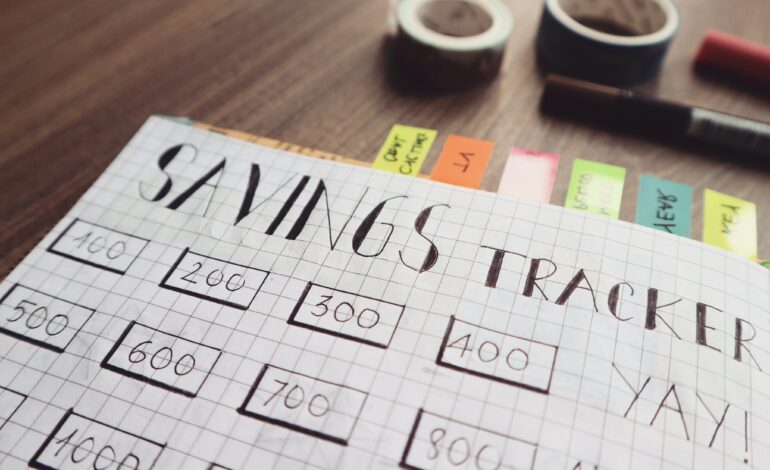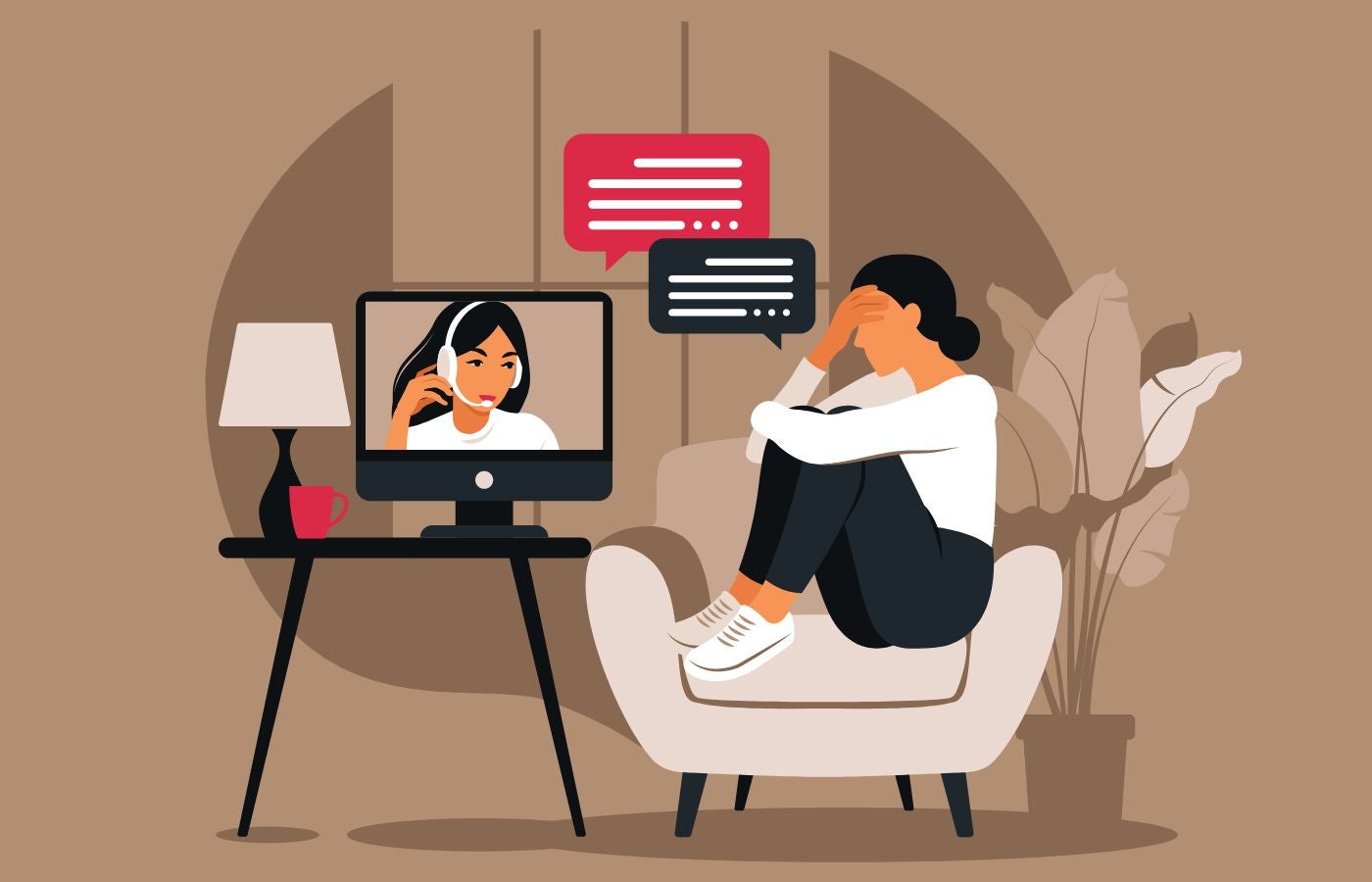
Financial planning is essential for a business and for individuals. It helps you to make decisions about your money, make choices about what you buy and how much you spend, and plan for your future. The most important aspect of financial planning is to create a budget, which will help you to set aside money for the things that are important to you.
Here are some tips for financial planning and budgeting:
Set clear financial goals
Before creating a budget, it is important to have clear financial goals in mind. These goals could be short-term or long-term, and may include saving for a down payment on a home, paying off debt, or saving for retirement. If you are trying to get out of debt, it is important that your budget includes enough money left over at the end of the month to pay down your credit card balance. If you are saving for a home, make sure that your budget includes enough money left over at the end of each month to put toward your down payment fund.
You may also want to consider setting up separate savings accounts for different types of goals (like one for travel) or even setting up separate budgets for each category (like one for groceries and one for entertainment).
Create a budget
When you’re trying to save money, it’s important to know where your money is going. A budget is an effective way to track your income and expenses, so you can see how much money you have left over at the end of each month. The first step in creating a budget is to list all of your income sources—whether that’s from a job, freelance work, or other sources. Then, add up how much money you’ll be earning each month.

Next, write down all of your expenses for each category (rent/mortgage; utilities; food; transportation). You might want to break these down even further into more specific categories—like “food,” which could include groceries and dining out—and then add up how much they would cost per month. Finally, subtract the amount of money you will be spending on each category from the total amount of money coming in per month. This will tell you how much extra cash is left over after paying for each expense category—and that’s what we call “extra savings!”
Track your spending
Tracking your spending can be a great way to ensure that you are sticking to your budget, but it can also be a great way to increase your awareness of where your money is going. If you’ve never tracked your spending before, it can be helpful to use a spreadsheet or an app to help you keep track. But even if you’re an old pro at tracking expenses, it can be beneficial to examine your budget from time to time.
By keeping track of your spending, you can better understand where your money goes and how much room there is for savings. You might find that some months are more expensive than others—and that’s okay! It’s important to remember that all budgets are flexible, and as long as you stay within the parameters of what works best for YOU, then there’s no reason why anyone else should get involved in the process of creating or maintaining a budget.
Prioritize your spending
We all have a lot of competing priorities in life. From paying the bills to saving for retirement, it can be hard to know where you should spend your money when you have so many things on your plate. But if you prioritize your spending, it will help you get organized and clear about what’s important to you, and what’s not.
The first step is to make sure that your essential expenses are taken care of first—housing, food, transportation—so you don’t get into trouble later down the line. Once those are taken care of, then you can start thinking about other goals like saving for college or retirement. And remember: if something doesn’t fit into any of these categories but is still important to you (like taking a vacation), set aside some funds specifically for that purpose!
Build an emergency fund
It’s important to set aside some money each month to build an emergency fund. This will help you cover unexpected expenses, such as car repairs or medical bills. You should aim to save enough so that if you were hit with a large expense right away, you’d have three months’ worth of living expenses in savings. If you’re not sure how much that is, start by asking yourself what your monthly living expenses are on average—food, rent/mortgage payments, utilities, etc.—and then multiply that number by three months.
Once you’ve saved up the money and it’s sitting in your bank account, don’t touch it unless absolutely necessary! The last thing you want to do is dip into this emergency fund and then find yourself in a situation where there’s no way out of spending it down again because something unexpected comes up again soon after. It can take some time to build up an emergency fund; just keep at it!
Review your budget regularly
If you’re like most people, you probably don’t have a budget that was designed to reflect the exact amounts of money that are coming in and going out of your bank account. That’s okay! It’s normal to adjust your budget as needed to reflect changes in income or expenses.

When you review your budget regularly, it’s easy to see how much money you’re spending on things like groceries and utilities. You can also use this time to set goals for savings or debt repayment, or even just figure out how much more money you need each month to cover everything else.
Avoid unnecessary debt
Debt is a fact of life, but it doesn’t have to be a bad thing. If you’re getting yourself into debt that’s too much for your wallet or your budget, it’s time to take action now! There are two types of debt: good and bad. Good debt is used to buy things that will increase in value over time, like a home or an education. Bad debt includes things like high-interest credit cards or payday loans.
If you’re already in bad debt and can’t pay it off quickly, work on getting out of that situation as soon as possible by paying off more than the minimum due each month and saving money where you can so you can chip away at the balance.
Invest for the future
When it comes to investing, the future is your best friend. Investing for the future is a key part of achieving your long-term financial goals, like retirement. But it can be hard to know where to start when you’re new to investing. That’s why we’re here: to help you figure out the best way to invest for your future!
Whether you’re just starting out and want to get started with investing or are looking for advice on how to make more informed decisions about your investments, we’ve got info that will be helpful for everyone.
RUCHI RATHOR Founder & CEO
Payomatix Technologies Pvt. Ltd.
FOUNDER AND INVESTOR | PAYMENTS PROCESSING EXPERT | MERCHANT ACCOUNT SOLUTIONS | WHITE LABELLED PAYMENT GATEWAY | Dreamer, Creator, Achiever, Constantly Evolving
Website Ruchi Rathor: https://ruchirathor.com
Website Healing Heart https://thehealingheart.me/
Instagram https://www.instagram.com/_ruchirathor_/
LinkedIn https://www.linkedin.com/in/ruchirathor12/
Facebook https://www.facebook.com/ruchi.rathor.magnificient
Tumblr https://www.tumblr.com/blog/ruchirathor-thehealingheart
Medium https://medium.com/@ruchirathor_23436









